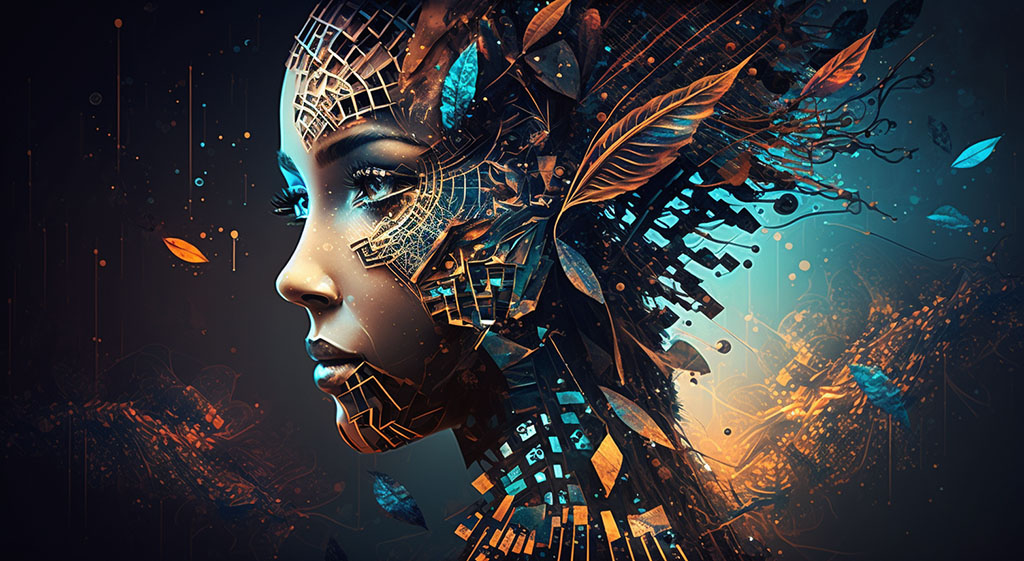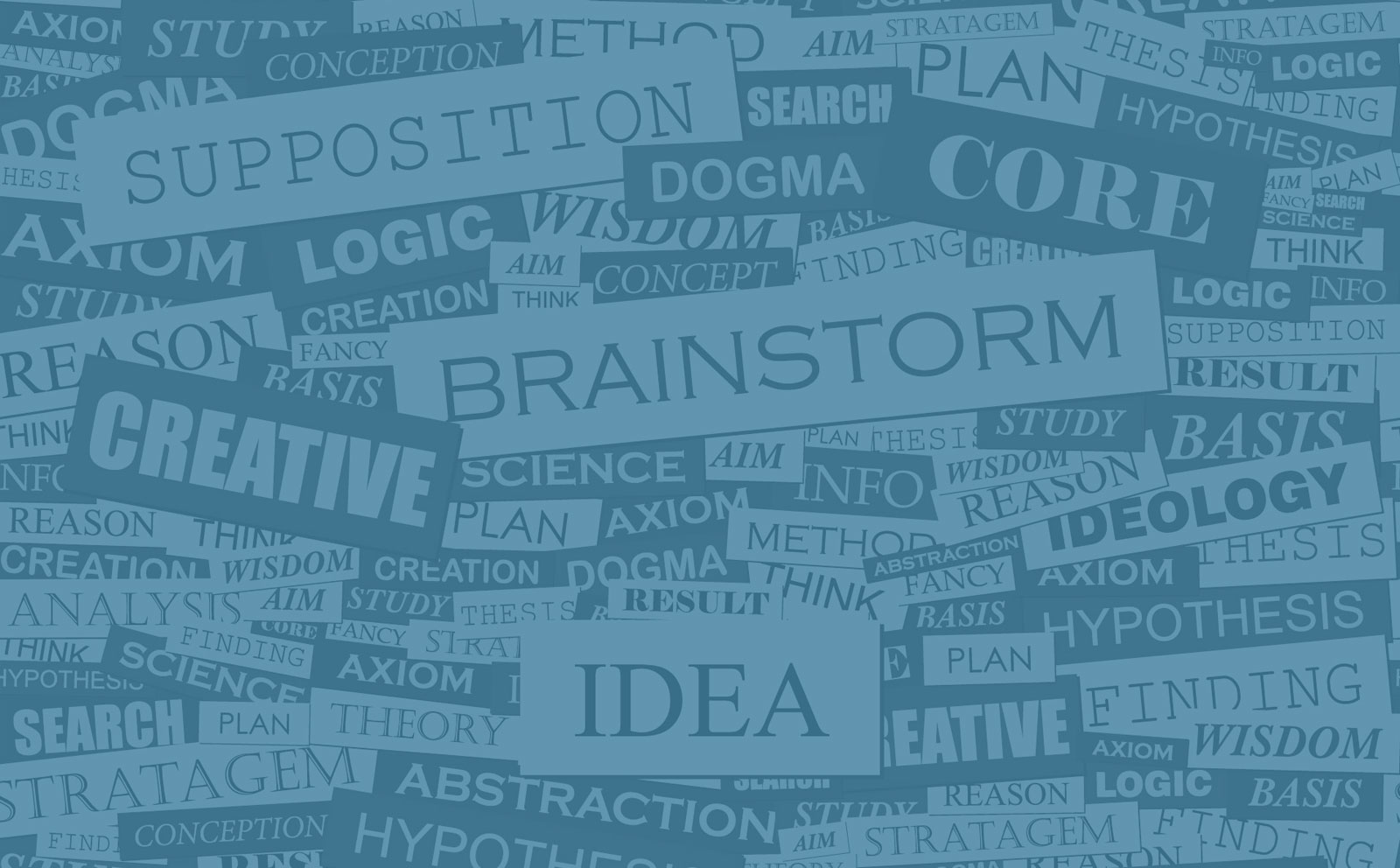
How to use AI in Web Design
In today’s digital age, a strong online presence is crucial for any business to thrive. A company’s website is often the first point of contact with potential customers, and a well-designed website can make a significant impact on a user’s perception of the company. With the advent of Artificial Intelligence (AI), web design companies can now leverage this technology to create even more effective and personalized websites. In this article, we will explore how web design companies are using AI to enhance their services and provide more value to their clients.
- Personalized user experiences AI allows web designers to create personalized user experiences by analyzing a user’s behavior on the website. By tracking how users interact with a website, AI algorithms can provide insights into the user’s preferences, interests, and behavior patterns. This information can then be used to tailor the user experience, such as presenting relevant content, offering personalized recommendations, and even adapting the website layout and design to suit the user’s preferences.
For example, an AI-powered website can automatically adjust the font size and color scheme based on a user’s browsing history. If a user frequently visits websites with dark color schemes, the website can adjust its color scheme to match the user’s preference. This level of personalization can greatly enhance the user experience and increase engagement on the website.
- Automated content creation AI-powered content creation tools can analyze data and create unique, high-quality content for websites. These tools can generate product descriptions, blog posts, and even entire websites based on a set of parameters defined by the web design company.
For example, an AI-powered tool can analyze a company’s brand guidelines, target audience, and marketing goals to create a website that is tailored to the company’s needs. This can save web designers a significant amount of time and effort while ensuring that the content is high-quality and effective.
- Intelligent chatbots Chatbots are becoming increasingly popular on websites as they can provide instant support and assistance to users. AI-powered chatbots can provide a more intelligent and personalized experience by analyzing the user’s behavior and providing tailored responses.
For example, a chatbot on a website selling shoes can analyze a user’s browsing history and recommend shoes that match their style and preferences. The chatbot can also provide instant answers to frequently asked questions, reducing the workload on customer support teams.
- Enhanced website security AI can also be used to enhance website security by detecting and preventing cyber attacks. AI algorithms can analyze website traffic and detect suspicious behavior, such as unusual login attempts or unusual patterns of data access. This can help prevent data breaches and protect sensitive user information.
- Automated website testing Testing a website for bugs and errors can be a time-consuming process. AI-powered testing tools can automate this process, making it faster and more efficient. These tools can analyze a website’s code and identify potential issues, such as broken links, slow page load times, and compatibility issues with different browsers and devices.
For example, an AI-powered testing tool can automatically test a website’s responsiveness across different screen sizes and resolutions. This can help ensure that the website looks and functions correctly on all devices, including smartphones, tablets, and desktops.
AI has the potential to revolutionize web design by providing personalized experiences, automating content creation, enhancing website security, and improving website testing. Web design companies that leverage AI can provide more value to their clients by creating more effective and engaging websites. As AI technology continues to evolve, we can expect to see even more innovative use cases for AI in web design in the future.

